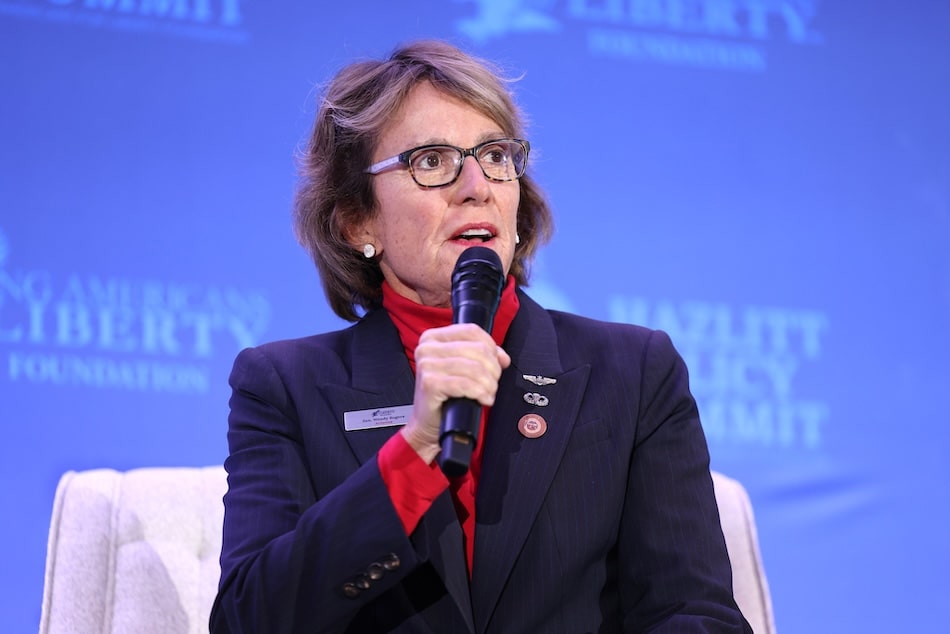
Key Takeaways
- Arizona's HB 2324 creates the first U.S. state bitcoin reserve funded entirely by seized digital assets.
- No taxpayer money will support the reserve; only assets forfeited in criminal investigations are eligible.
- Governor Katie Hobbs has until July 1 to sign or veto the bill, or it becomes law automatically.
The Arizona House of Representatives has approved House Bill 2324, aiming to establish the nation’s first state-run bitcoin reserve funded solely by digital assets seized in criminal investigations.
The measure, which passed 34–22, now awaits Governor Katie Hobbs’ decision.
Arizona vs Texas & New Hampshire
Unlike New Hampshire and Texas, which recently enacted state-level bitcoin reserves using public funds, Arizona’s approach requires no taxpayer money.
Instead, the first $300,000 from each asset forfeiture goes to the Attorney General’s office, with the remainder split: 50% to the AG, 25% to the General Fund, and 25% into the bitcoin reserve.
The reserve will be stored in a state-approved digital wallet and can only be liquidated via state-approved exchanges, without the need for further legislative or executive approval.
Senator Wendy Rogers, a supporter of the bill, emphasized integrating bitcoin into Arizona’s financial strategy without raising taxes.
Third state
If enacted, Arizona would become the third U.S. state to authorize a bitcoin reserve, but the first to do so using only seized digital assets.
The governor has until July 1 to sign or veto the bill; otherwise, it becomes law automatically.
Other states including Missouri, Wyoming, and Oklahoma are considering similar proposals, but none have yet been signed.
For background on state and country-level bitcoin holdings, see the treasuries database.
Next steps
Should the bill become law, Arizona will finalize its custody framework, with initial deposits expected once regulatory and asset forfeiture processes are complete, potentially starting in late 2025.




